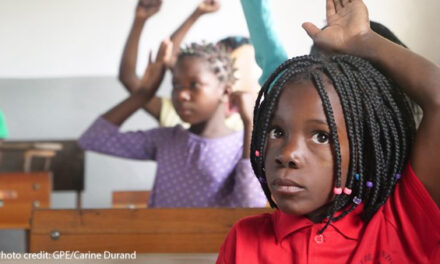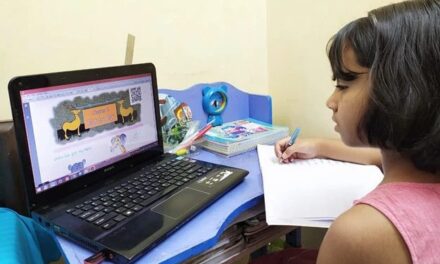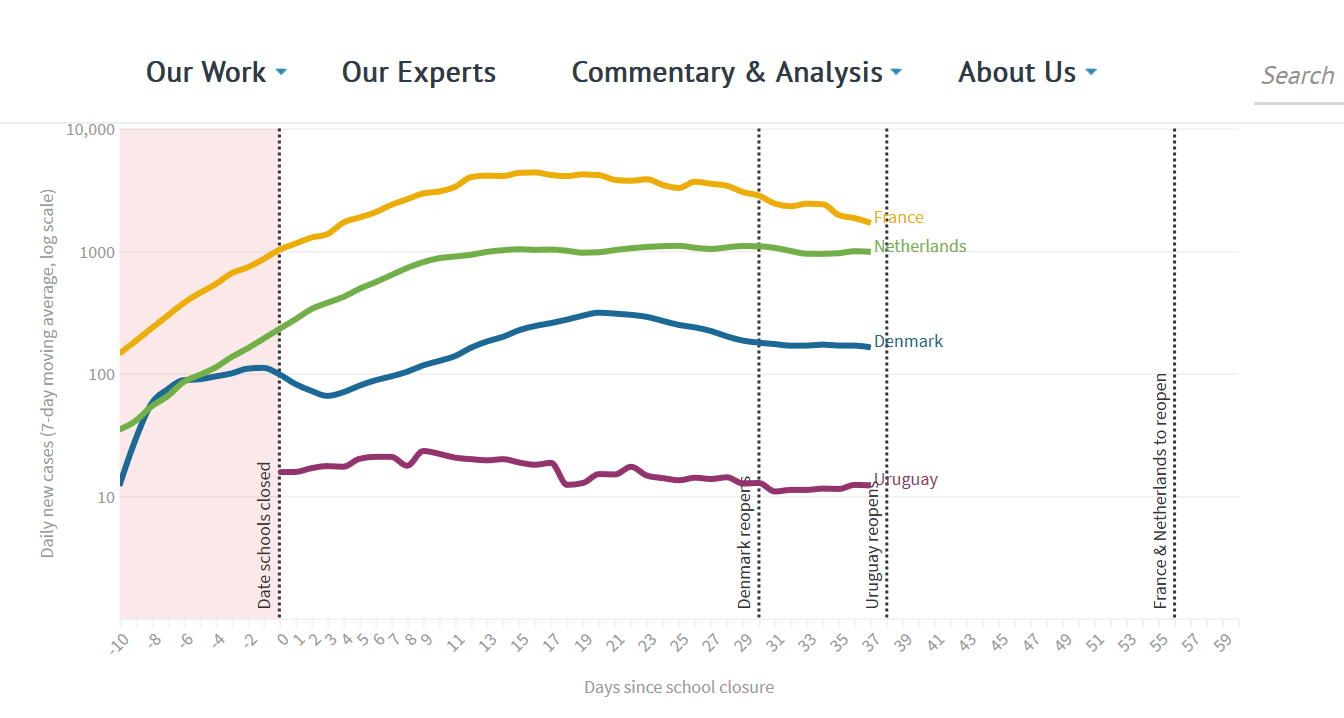Life is largely spoken. Education is mostly written – and, increasingly, online. In this UKFIET Blog, Mike Douse supports recent calls for a greater emphasis on spoken communication in our classrooms and lecture halls.
Schools give specific support to children with speech difficulties and they pay particular attention to students who will enter public speaking and debating contests, thereby bringing glory to their institutions. But, for the vast majority in the middle, spoken communication is not on the curriculum and, across the world, the call to ‘Stop Talking!’ is uttered much more frequently that is the invitation to ‘Speak Up at the Back!’
Much attention has been given to reports of school-leavers’ literacy and numeracy deficiencies. But a far larger proportion, including many who can handle numbers and write reasonably adequately, are unable to stand up and communicate aloud. From the hospitality industry through to the security sectors, and from retailing through to medicine and law, and from government service through to the charity sector, the capacity to express oneself orally, to listen intelligently, and to ask and answer questions shrewdly is a crucial proficiency. But this most vital occupational and social skill is not encompassed by the 3Rs (of Reading, Writing and Arithmetic – perhaps ‘oracy’ [the ability to express oneself in and understand spoken language] should become the fourth).
Increasingly, educationalists internationally regard the spoken word, quite properly, as vital to democratic participation as well as a key element of world of work preparation. Certainly no youngster should leave school unable to enjoy handling mathematical ideas or with a lack of any love of reading or with an antipathy towards advanced computer skills. But equally – yes, equally – none should emerge unable to contribute to a discussion, ask questions of political and local government representatives, engage in advocacy, make presentations, give clear verbal instructions and advice, and listen thoughtfully and critically to speeches and statements made by others.
Ensuring that all school-leavers are able confidently to express themselves through the spoken word is a reasonable and achievable objective. Rather than adding a new subject called ‘Speech’ to an already overcrowded curriculum, its full accomplishment entails a fresh assessment of how everything dealt with at schools is prepared, presented, responded to, recorded and assessed. Enabling learners’ participation may not only be measured on the basis of subsequent performance but also in terms of enjoyment, by all participants.
Opening up the classroom debate enhances the teacher’s role. Indeed, many of them already join organisations such as Toastmasters International or, in the United Kingdom, benefit from bespoke courses run by organisations such as the College of Public Speaking. Perhaps the pre-service and continuous professional development of all who teach should itself be based upon spoken communication, extending to its fostering and optimising in classrooms and laboratories.
Examinations – even those with practical components – are at present based almost exclusively on the expression of information and ideas on paper: “orals” tend to be confined to foreign language assessments. With (dare I say it?) the arrival of Artificial Intelligence, the feasibility of spoken assessment, in just about all subjects, is becoming increasingly evident. So here is the focus of tomorrow morning’s opening lesson: “The time has come to give spoken communication at least as much emphasis in teaching and in examining as is now given to that which is written. Discuss.”






Hello Mike,
This is an excellent article outlining what those of us on the front line of communication see every day. You cover a lot of ground in your usual concise manner. I hope it will land in the readership of those willing and capable to adopt your suggestions.
Extremely important intervention. happy to share an initiative in this regard during my engagement in Delhi, India (https://www.ukfiet.org/2023/promoting-free-speech-and-expression-through-project-voices-in-delhi/)